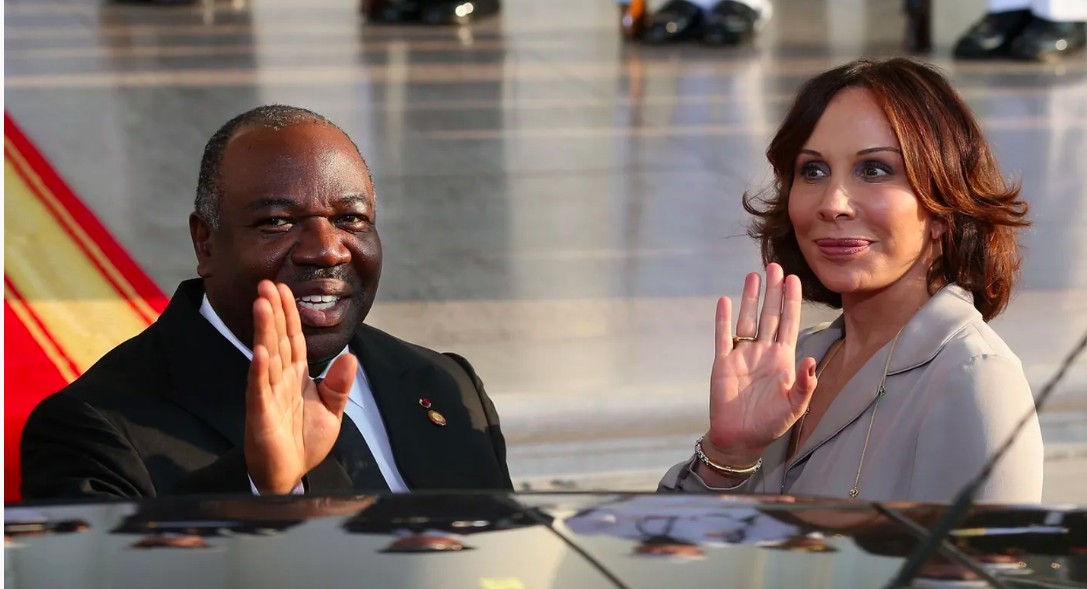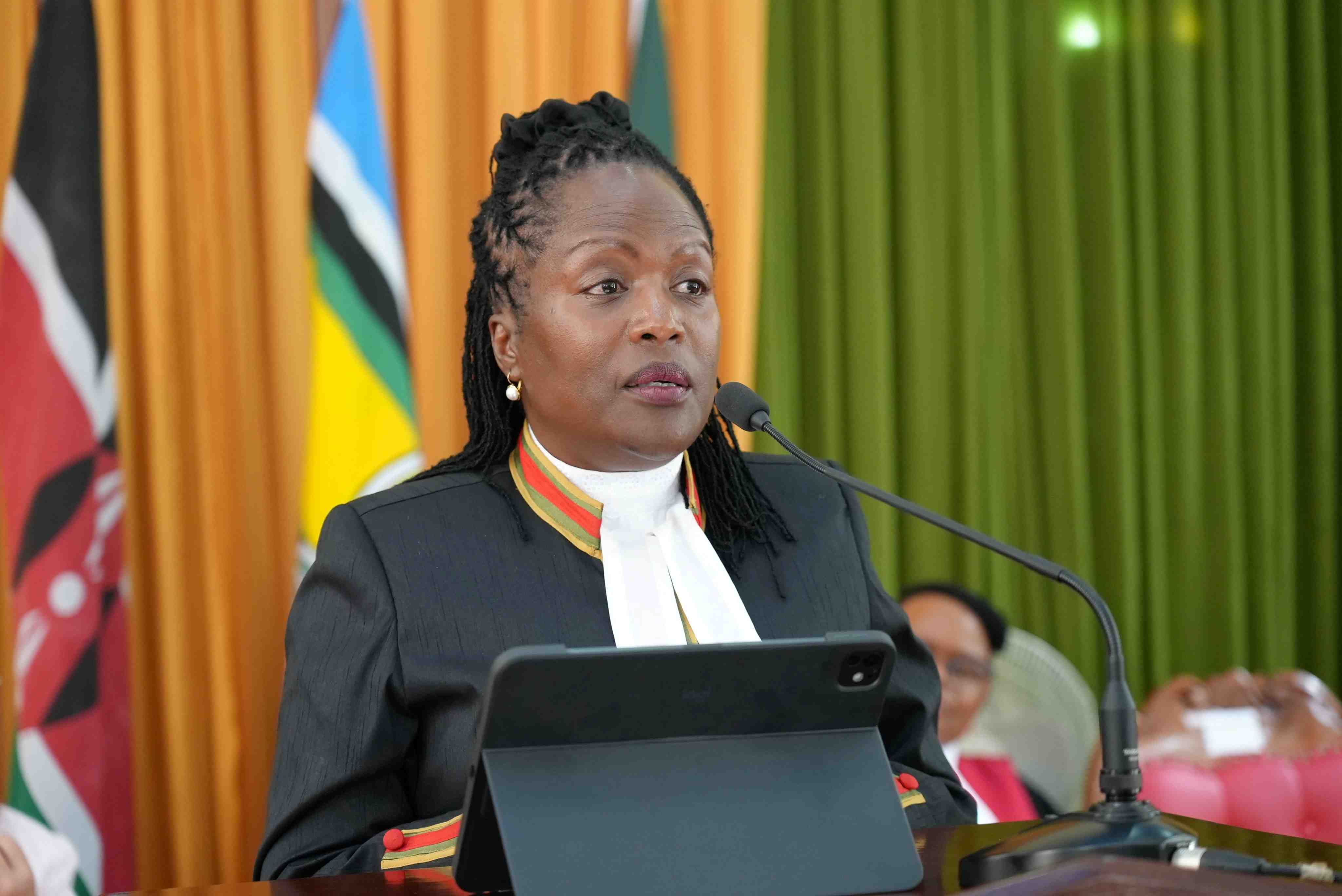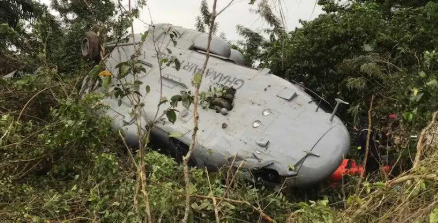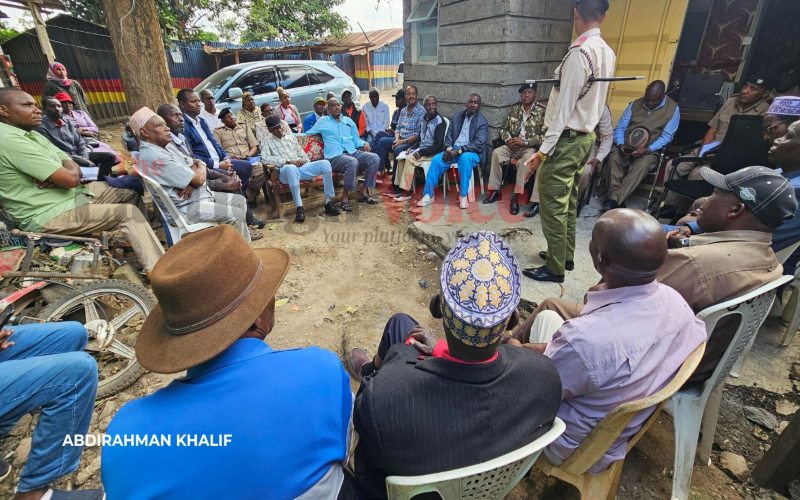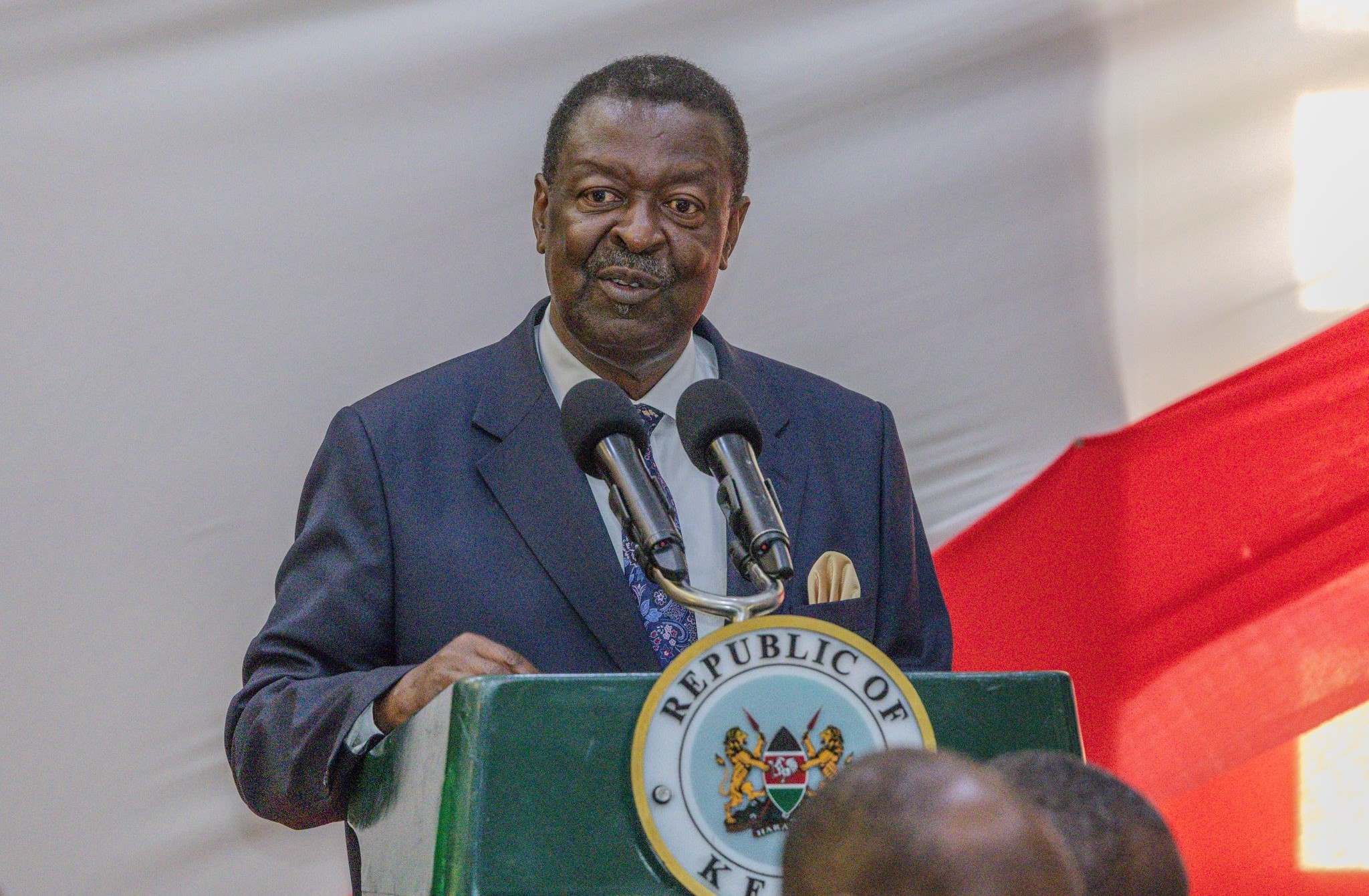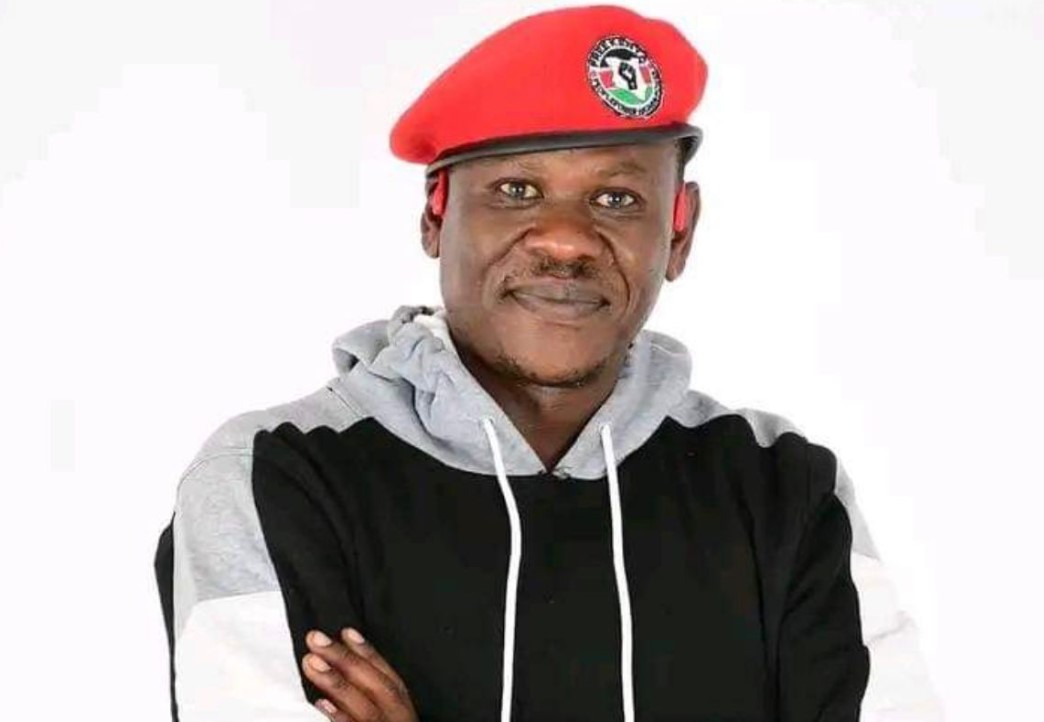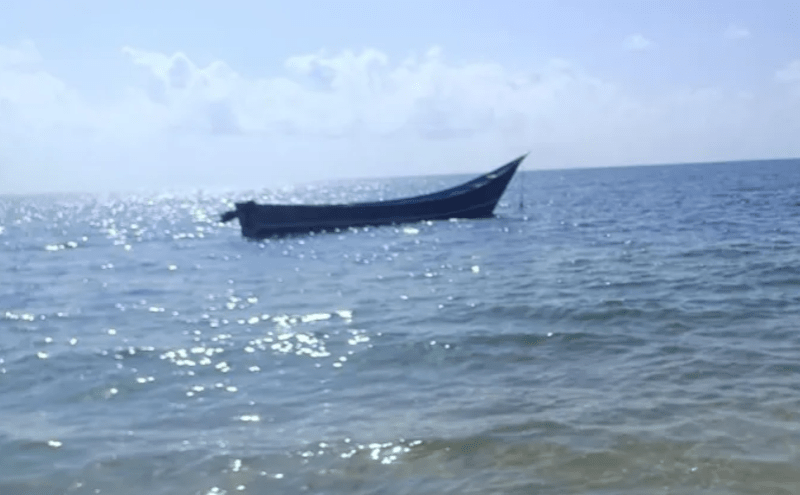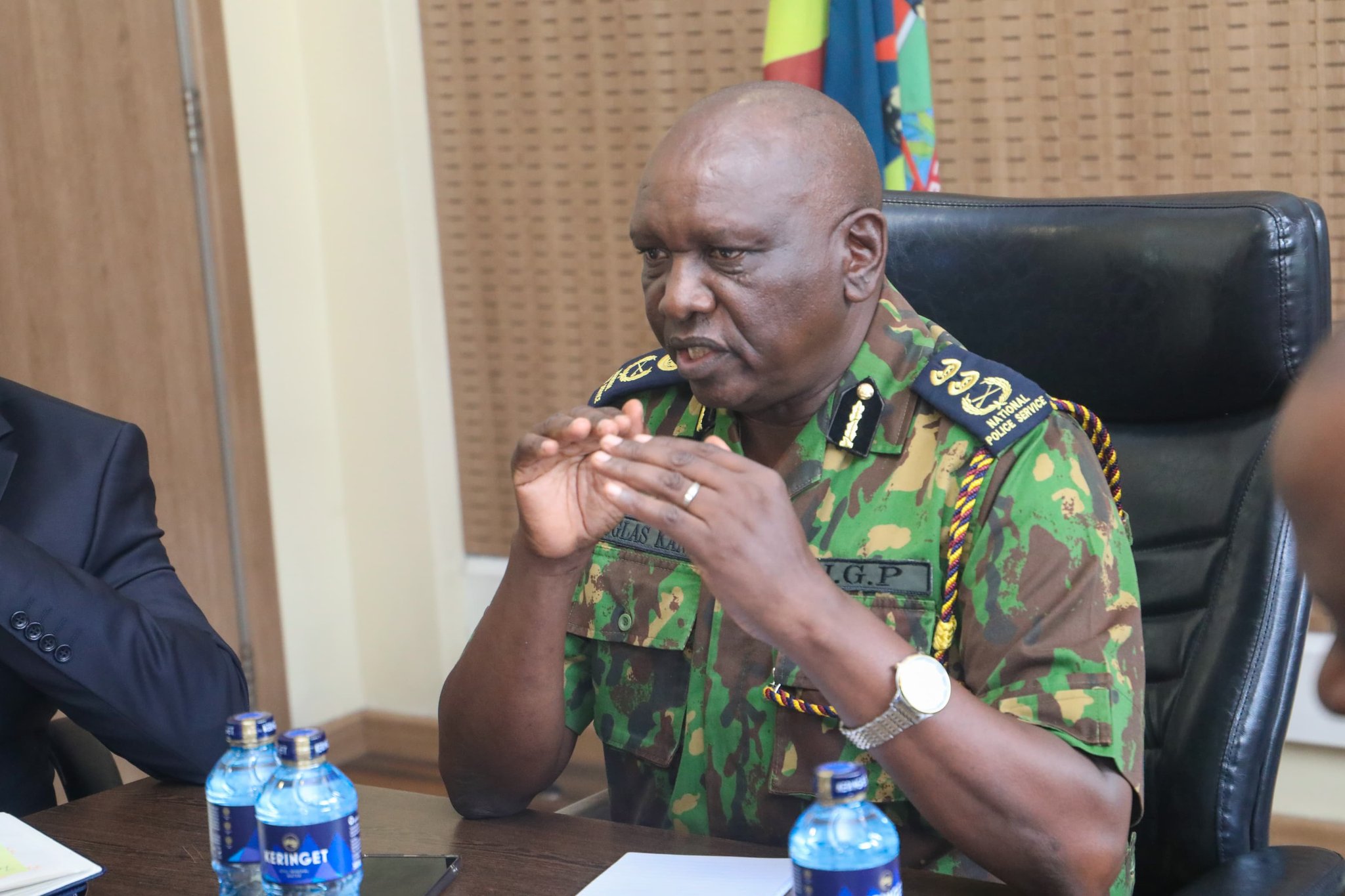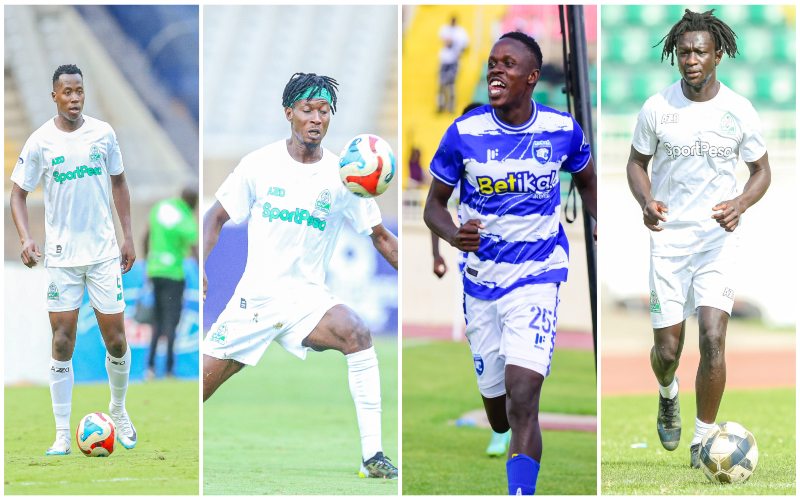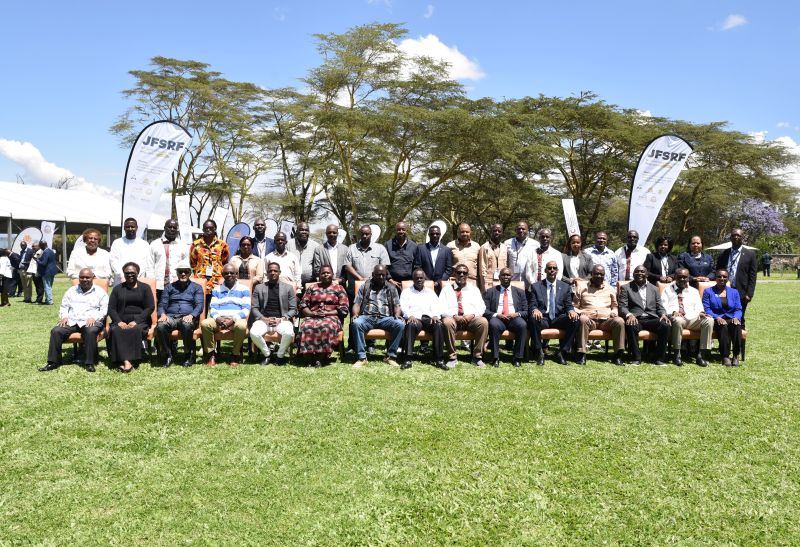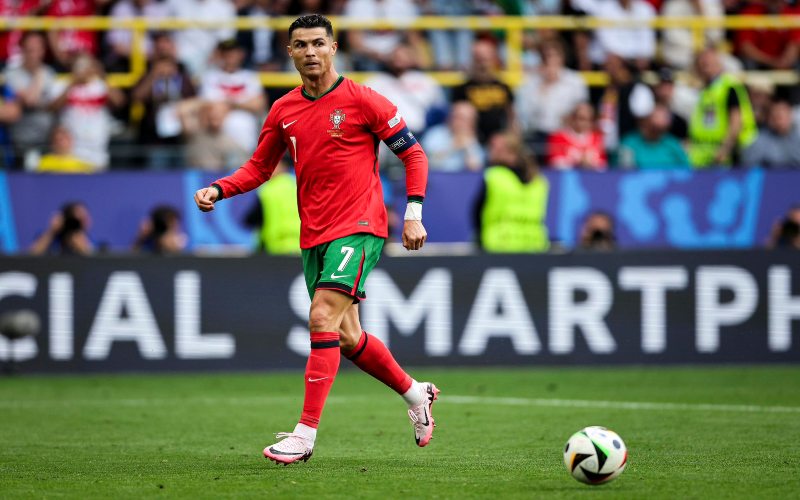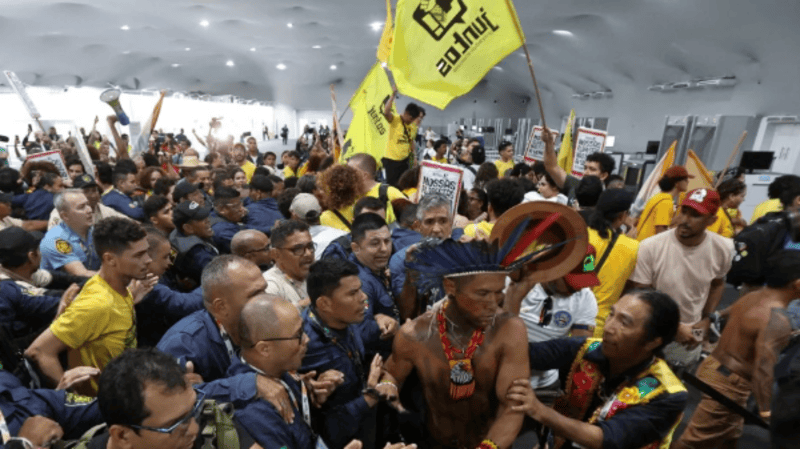Report links corrupt officials to rising criminal networks in Kenya

Efforts to deter organised crime are undermined by corruption, lack of evidence, political influence, and resource constraints, leading to miscarriages of justice and manipulation of court processes.
A global report on organised crime across the 193 United Nations member states has ranked East Africa as the region with the highest criminality on the continent.
The report, released this week, does not classify the Democratic Republic of Congo (DRC) under East Africa, though it records the country's criminality score as 7.47.
More To Read
- IG Douglas Kanja assures Kenyans of heightened security ahead of festive season
- IOM, Human Concern International sign Sh129 million agreement to tackle human trafficking
- EU deploys warship to track suspected pirate mothership off Somalia
- Interior CS Murkomen flags rising boda boda violence amid broader stability
- Court allows police to detain four officers over shooting of colleague in Naivasha
- Four suspects arrested for defrauding man of Sh251,000 in fake SHA registration scheme
Kenya follows closely, scoring 7.18, as second in the region, fourth on the continent and 11th globally. Other East African Community (EAC) member states scored as follows: Uganda 6.65, Somalia 6.55, South Sudan 6.42, Tanzania 5.93, Burundi 4.73, and Rwanda 3.87.
The DRC leads due to prolonged conflict that fuels human trafficking, sexual exploitation, illegal trade, corruption, and forced labour. Human smuggling remains a major component of the criminal economy, driven by porous borders, weak enforcement, and governance challenges.
"Organised networks operate independently, often collaborating with corrupt officials to facilitate illegal migration, conflict, displacement and economic hardship fuel demand for smuggling, many using it to escape violence or navigate bureaucratic barriers," says the report.
On the other hand, Kenya is cited as grappling with state-embedded actors who manipulate systems for personal gain.
According to the report, corruption within law enforcement and politics enables organised crime, with traffickers and gangs colluding with officials and receiving protection.
"The country's weak legal framework allows public officials to engage in businesses benefiting from government contracts. These systemic vulnerabilities perpetuate a cycle of corruption, undermining democratic processes and facilitating both local and transnational criminal activities," it adds.
When state-embedded actors engage in criminality directly or indirectly, the report says a country's resilience levels get weakened as corruption continues to get deeply entrenched, hindering investment and effective resource allocation.
The report adds that efforts to combat embezzlement have seen the government introduce initiatives such as the e-Citizen portal to reduce cash transactions and improve transparency, but corruption remains deeply entrenched, hindering domestic investment and effective resource allocation.
The document notes that politically connected individuals continue to gain control of government tenders
Other efforts like the enactment of the anti-money laundering act are yet to bear the expected fruits, as corruption and political influence hinder effective implementation, that have seen the country face challenges in enforcing anti-money laundering measures.
At the same time, it says corruption has penetrated the operations of mafia-style groups operating in the country and engaging in illicit activities such as extortion, arms trade, human and drugs trafficking, sometimes in collaboration with government officials who facilitate their operations.
"Collaboration with political figures, particularly during elections, enables them to secure power. Although their control is not absolute, they exert significant influence, often resorting to violence or threats to maintain dominance," the report shows.
The report highlights that the rise of mafia capitalism has seen their involvement in activities such as cybercrime, human trafficking and the trade in counterfeit goods. Criminal networks are also cited as growing in the country, fueled by a worsening economic situation.
"Corruption within law enforcement facilitates their operations, with collusion between the police, politicians and businesspeople. In Mombasa, gangs are closely linked to drug trafficking and protecting drug lords and their territories. In Northern and Southern regions, gangs are hired by politicians, officials and wealthy business people to carry out cattle rustling," it added. "These networks, often connected to powerful figures, engage in violence (including maiming, kidnapping and killing) for political purposes and also traffic weapons used in terrorist attacks."
Efforts to deter organised crime are undermined by corruption, lack of evidence, political influence, and resource constraints, leading to miscarriages of justice and manipulation of court processes.
Uganda is cited as a notable transit hub for heroin trafficked from Afghanistan, Pakistan and India to Europe, North America and the rest of Africa.
There, state-embedded actors are also cited as increasingly involved in criminality, including money laundering, extortion, and land and procurement fraud.
"High-ranking government officials often facilitate criminal markets such as human trafficking and wildlife crimes through bribery and corruption," the report notes.
The index indicates Somalia as a key source and transit country for human trafficking, as criminal networks, including the terror group Al-Shabaab, exploit instability and weak governance to engage in criminality.
"Al-Shabaab is a dominant actor, and engages in recruiting child soldiers, forced labour and sexual slavery, leveraging government's limited territorial control," says the report that also points an accusing finger at state-embedded actors that exacerbate trafficking to Europe, the Gulf states and Southern Africa for forced labour and sexual exploitation.
Top Stories Today
